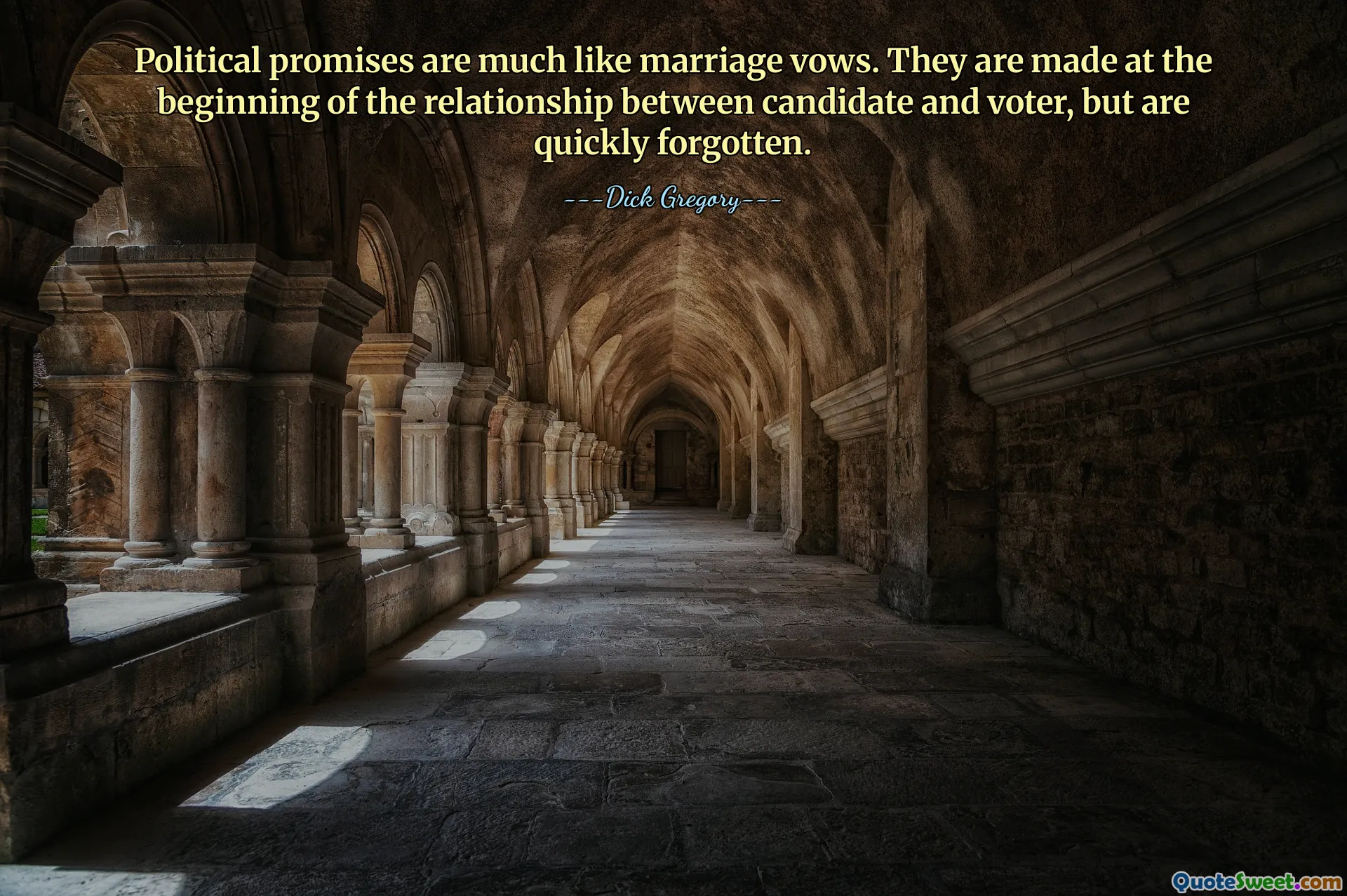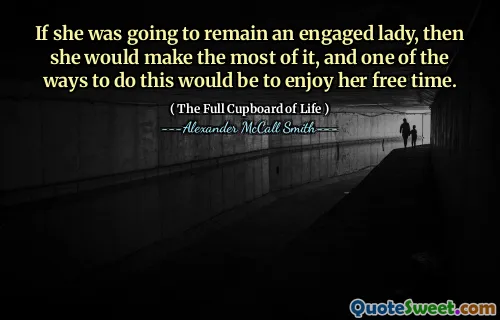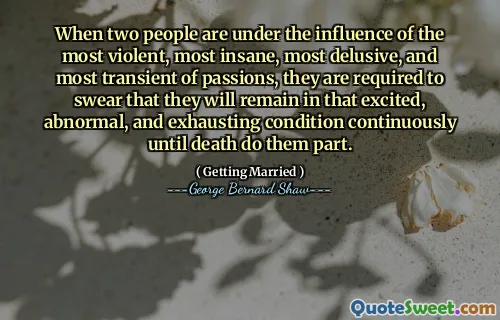
Political promises are much like marriage vows. They are made at the beginning of the relationship between candidate and voter, but are quickly forgotten.
This quote highlights a persistent pattern observed in the realm of politics: the gap between promises made during campaigns and the realities that follow once politicians attain power. Campaign promises are often crafted with persuasive language to appeal to voters' hopes and aspirations, creating an atmosphere of trust and anticipation. However, once elected, many politicians face the complexities of governance, which may necessitate compromise or pragmatic decisions that diverge from initial promises. Over time, the promises tend to fade, overshadowed by the demands and constraints of political life. This cycle can lead to public disillusionment and skepticism about political integrity, fueling a cycle of mistrust. The analogy to marriage vows underscores the fragility of commitments when they are not backed by sustained effort and sincerity. Much like vows made at a wedding, promises can be made with sincerity but may falter under life's pressures, especially if the priorities shift or if there is a lack of accountability. For voters, this realization should serve as a reminder to critically evaluate political claims, understanding that promises are often aspirational rather than guaranteed. It encourages a more engaged and informed electorate that demands transparency and follow-through from their representatives. Ultimately, the quote emphasizes the importance of integrity and accountability in leadership, reminding us that trust is built through consistent actions, not just words.











